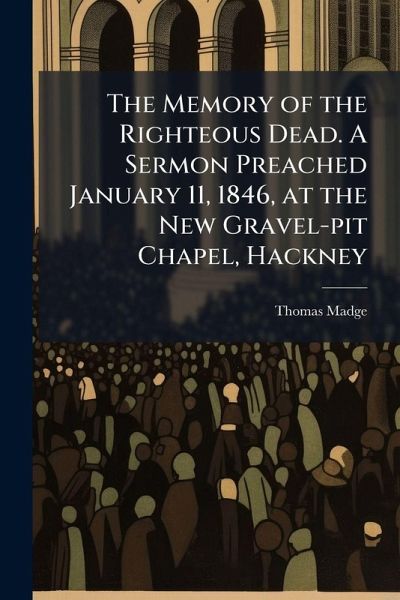
The Memory of the Righteous Dead. A Sermon Preached January 11, 1846, at the New Gravel-pit Chapel, Hackney

PAYBACK Punkte
7 °P sammeln!
The Memory of the Righteous Dead is a sermon delivered by Thomas Madge at the New Gravel-pit Chapel, Hackney, on January 11, 1846. This historical sermon offers insight into religious thought and practice in 19th-century England. Madge's discourse explores themes of remembrance, virtue, and the enduring impact of those who have passed on. This publication provides valuable historical context for understanding religious life and social values during a significant period in British history. It will appeal to scholars, historians, and anyone interested in religious studies and the history of Chri...
The Memory of the Righteous Dead is a sermon delivered by Thomas Madge at the New Gravel-pit Chapel, Hackney, on January 11, 1846. This historical sermon offers insight into religious thought and practice in 19th-century England. Madge's discourse explores themes of remembrance, virtue, and the enduring impact of those who have passed on. This publication provides valuable historical context for understanding religious life and social values during a significant period in British history. It will appeal to scholars, historians, and anyone interested in religious studies and the history of Christianity. This work has been selected by scholars as being culturally important, and is part of the knowledge base of civilization as we know it. This work was reproduced from the original artifact, and remains as true to the original work as possible. Therefore, you will see the original copyright references, library stamps (as most of these works have been housed in our most important libraries around the world), and other notations in the work. This work is in the public domain in the United States of America, and possibly other nations. Within the United States, you may freely copy and distribute this work, as no entity (individual or corporate) has a copyright on the body of the work. As a reproduction of a historical artifact, this work may contain missing or blurred pages, poor pictures, errant marks, etc. Scholars believe, and we concur, that this work is important enough to be preserved, reproduced, and made generally available to the public. We appreciate your support of the preservation process, and thank you for being an important part of keeping this knowledge alive and relevant.



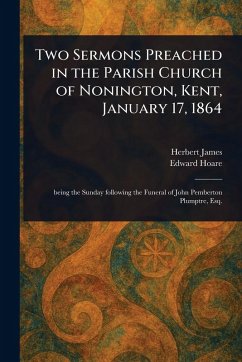
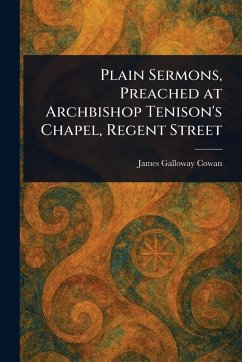


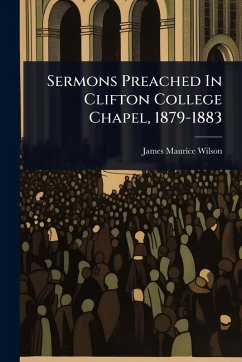
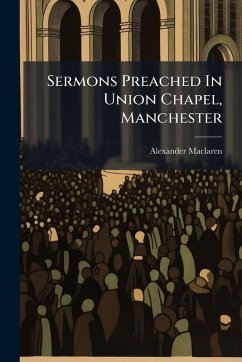

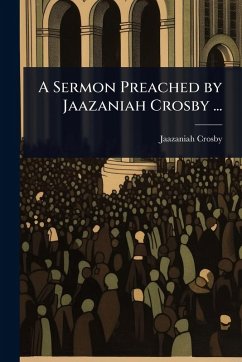
![A Sermon [on Mark Xiii,37] Preached Before The Archdeacon Of Bucks, At His Visitation ... At Stoney Stratford Cover A Sermon [on Mark Xiii,37] Preached Before The Archdeacon Of Bucks, At His Visitation ... At Stoney Stratford](https://bilder.buecher.de/produkte/74/74672/74672148n.jpg)
